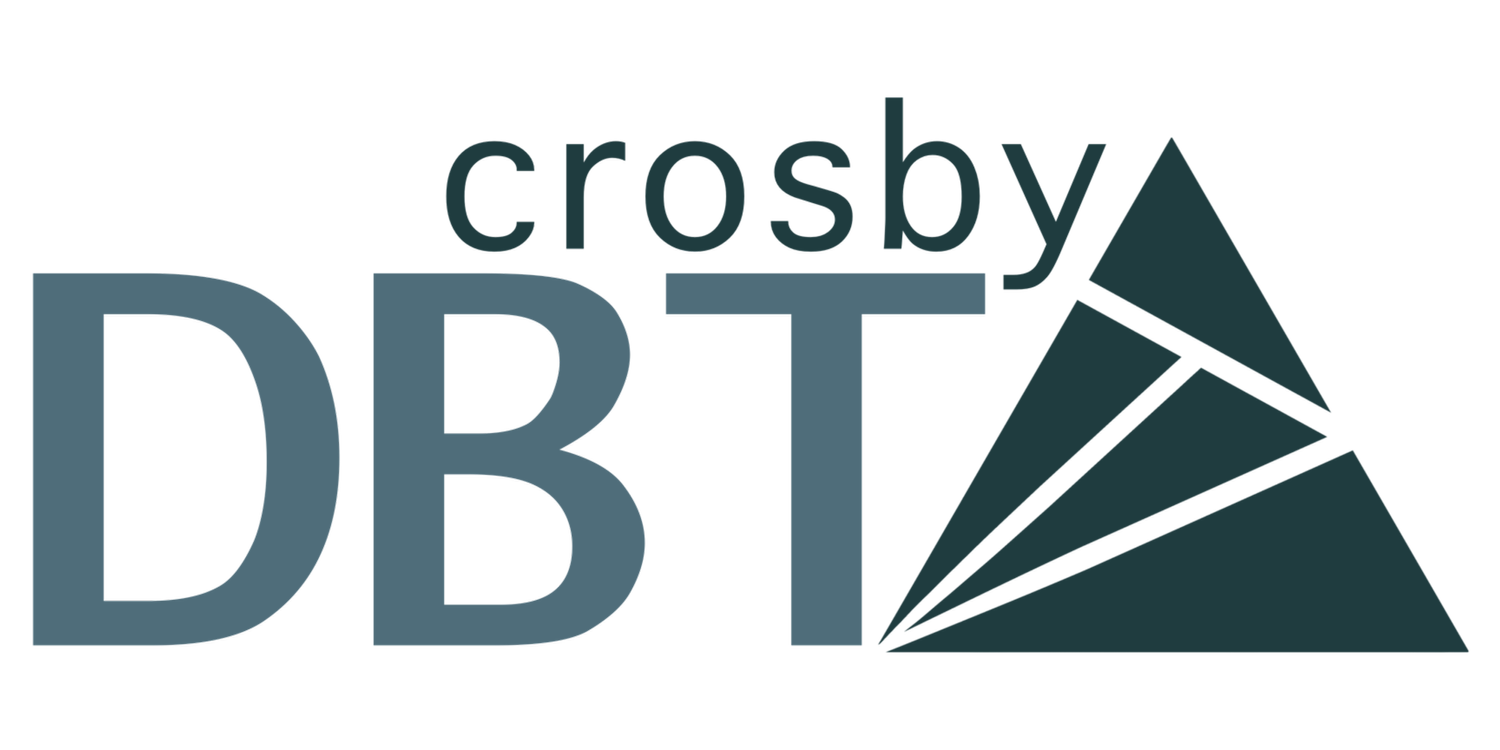Who Is DBT Helpful For? A Guide to Who Can Benefit from Dialectical Behavior Therapy
Dialectical Behavior Therapy (DBT) has gained recognition as a powerful, skills-based treatment that helps people build lives filled with more peace, emotional resilience, and effective relationships. But if you’ve heard of DBT and found yourself wondering, “Is this for me?”—you’re not alone.
The truth is: DBT can be helpful for a wide variety of people, not just those with specific diagnoses. Let’s explore who DBT was designed for, and why it might be the right fit for you or someone you care about.
💬 A Quick Overview of DBT
Developed by Dr. Marsha Linehan, DBT is a form of cognitive-behavioral therapy that emphasizes validation and change. It helps people understand their emotions, reduce reactivity, and make more intentional choices—especially in the face of distress, intense relationships, or overwhelming emotions.
DBT is structured around four core skill areas:
Mindfulness
Emotion Regulation
Distress Tolerance
Interpersonal Effectiveness
✅ Who Can Benefit from DBT?
1. People Who Feel Emotions Deeply or Intensely
If you’ve ever been told you’re “too sensitive” or feel like your emotions hit you like a tidal wave, DBT can help. It teaches you how to name, understand, and regulate your feelings instead of being ruled by them.
2. Those Who Struggle With Impulsive Behaviors
If you tend to act quickly when upset—whether through self-harm, substance use, yelling, or shutting down—DBT offers tools to pause, ground, and respond more effectively under stress.
3. People With a History of Unstable Relationships
If you often feel like relationships are “all or nothing” or find yourself swinging between closeness and conflict, DBT’s interpersonal effectiveness skills can help you navigate boundaries, assert your needs, and connect with others more skillfully.
4. Individuals With Diagnoses Like:
Borderline Personality Disorder (BPD) (DBT was originally developed for this population)
PTSD or Complex Trauma
Depression and Anxiety
Binge Eating Disorder or Emotional Eating
Substance Use Disorders
ADHD (especially those with emotion dysregulation)
You do not need a specific diagnosis to benefit from DBT. The focus is on helping people who are emotionally sensitive, reactive, or feel stuck in ineffective patterns.
5. People Who Want to Learn Coping Skills
Some clients join DBT not because they’re in crisis, but because they want to build healthier habits and stop repeating painful patterns. If you're someone who thrives with structure and skill-building, DBT can be a great match.
💡 How Do You Know If It’s a Good Fit?
You might benefit from DBT if:
You often feel overwhelmed by emotions
You have trouble managing distress without reacting impulsively
You struggle to communicate or assert yourself clearly
You want to change behaviors but feel stuck
You’re ready to build a life that feels more aligned with your values
🤝 Therapy That Balances Compassion and Growth
What makes DBT unique is its deep respect for where you are combined with a steady push toward where you want to be. It says: You’re doing the best you can… and you can do better. Both can be true.
Whether you’re in a storm of emotion or quietly stuck in cycles you’re tired of, DBT provides concrete tools to help you navigate life with more intention, clarity, and skill.
Want to Learn More?
If you’re curious about DBT or wondering if it’s the right fit for your situation, I’d be happy to connect. Schedule a free consultation or reach out with your questions—I’m here to help.
